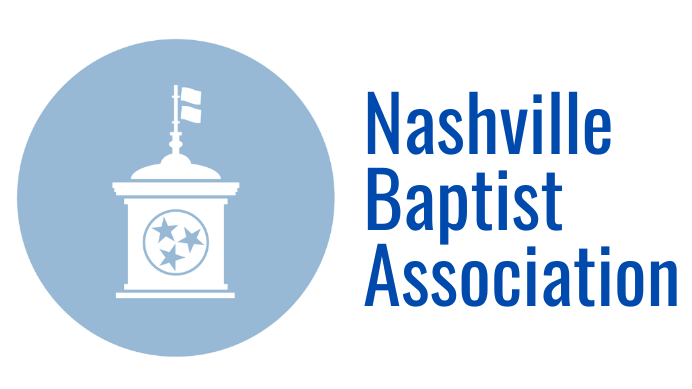There is a farm on the Old Nashville Highway between Smyrna and Murfreesboro with an unassuming house out front. As I drove up the driveway yesterday, I was greeted by a short man with very little English. I told him I was delivering winter clothes and supplies from a local church. Just then a large rat scurried across the carport. Soon I was met by another Egyptian named Happy*. Happy has much better English. I explained to him what I was up to, and he cautiously consented. Soon, one Copt after another filed out of the house. No one’s sure exactly how many people are staying at the house—one said twenty or so, and another closer to forty.
These Egyptians are Copts. Egypt and Copt stem from the same root word, but the distinction between the two terms lies in their usage. Copts are typically Christian while Egyptians are generally Muslim. About ten percent of the modern nation of Egypt is Coptic. The Copts are culturally Christian, tracing their Christian roots to the first century with St. Mark the Evangelist. Although Copts differ theologically in many ways from modern Protestants, they have persevered and stayed true to the ancient orthodox faith for over 1300 years of Muslim rule.
While I was getting to know some of the Coptic men, Gasim drove up. Gasim is a Sudanese pastor in Nashville, whose congregation meets at Tusculum Baptist Church in Nolensville. I had asked him to meet me at this location because Gasim speaks Arabic. The men gathered around us while Gasim translated. I noticed they all wore sandals. Sandals may be the norm on the streets of Cairo, but they’re not ideal for the December weather in Nashville.
These Coptic men are all seeking asylum. They came to America to escape religious persecution. When I asked about their biggest need, they replied in unison, “jobs,” so they could make money to send back to their families in Egypt. I have been around many refugees in my life, and this generous spirit is typical. Blessings are meant to be shared. Earned money is first for the family and then for the individual.
Gasim had brought a box of Arabic Bibles, and everyone who was outside received one cheerfully. Then Gasim, simply and naturally, asked to lead them in a Bible study. They all agreed, and these Egyptian men stood around soaking in the teaching from Scripture. At the end, I asked If I could share a verse and a prayer with them. I read from Leviticus 19:33-34:
“‘When a foreigner resides among you in your land, do not mistreat them. The foreigner residing among you must be treated as your native-born. Love them as yourself, for you were foreigners in Egypt. I am the LORD your God.”
Leviticus 19 is a favorite passage of mine these days. Moses was delivering a speech from Mt. Sinai directly from the Lord. The speech begins with “Be holy, for the Lord your God is holy,” and then what follows unpacks how to do just that. To be holy is to be completely different from the world. It is this chapter that Jesus quotes when he said: “Be perfect as your heavenly father is perfect.” He quoted from this chapter again when he gave the second half of the Great Commandment: “Love your neighbor as yourself.”
Read Leviticus 19 when you get a chance and then pray about the needs of these men. Maybe your church or those in your circle of influence can help in some small way:
Jobs—their asylum papers are in process, so only odd jobs may be possible.
English—maybe a church or Sunday school class can volunteer an hour or two a week to teach them there at the farm.
Clothes—socks, winter clothes, jackets, anything to keep them warm during the winter.
Thrift Smart or Wal-Mart gift cards so they can purchase winter shoes.
Food—churches volunteering to bring a meal for the group.
Do not hesitate to call me with any questions you may have about how to serve these men seeking refuge.
Brett Boesch
Connections Strategist
Nashville Baptist Association
*Names changed for security.

